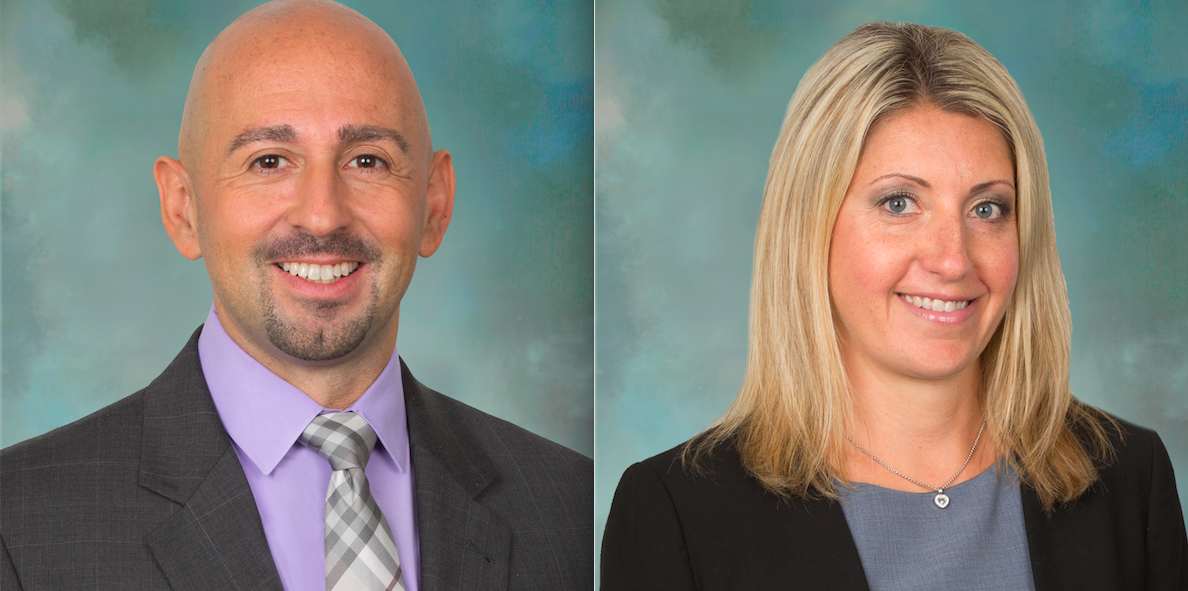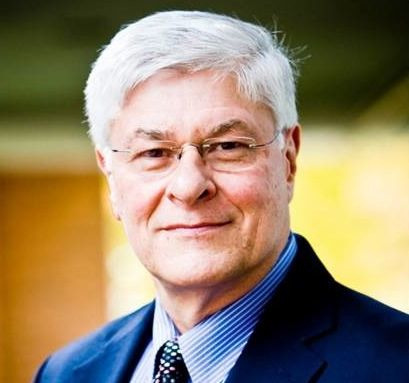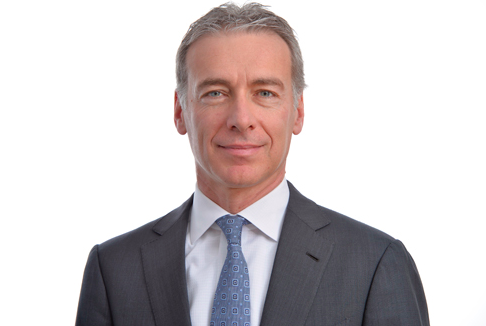The Consultant Relations Function Is a Priority in Institutional Marketing and Sales
| For Fórmate a Fondo | 0 Comentarios

According to new research from Cerulli Associates, the U.S. asset management industry, for the first time, is making the consultant relations function a priority in the marketing and sales of institutional products and strategies, thus underscoring the continuing gatekeeper role of investment consultants in the institutional distribution process. The majority of asset managers indicate the importance of having a consultant relations function has increased significantly over the past five years.
“Five years ago, less than half of asset managers viewed consultant relations teams as very important, and that number climbed to nearly 80% this year,” states Chris Mason, research analyst. “And that view of consultant relations is expected to solidify over time with 90% expected to take that view within the next three years.”
“Institutional asset managers have increasingly looked to investment consultants as a major source of new business opportunities in recent years,” Mason explains. “In 2015, asset managers reported that 58% of their net flows were consultant-intermediated, and that number is expected to surpass 60% by the end of this year.”
“Consultant relations has evolved from a ‘nice to have’ resource to an absolute necessity,” Mason adds. “As a result, almost all managers have at least some form of a consultant relations function within their organization.”
While a quality consultant relations function is becoming key to asset managers, Cerulli maintains that industry acceptance of the function is just the first step. Field consultants and the manager research staffs that support them are increasingly focusing their efforts on narrowing their manager coverage and requiring more in-depth information and data from those they analyze, according to the report.
The firm´s latest report, U.S. Investment Consultants 2016: Collaborating with Consultants to Improve Investor Outcomes,explores the institutional investment consulting landscape and the evolving consultant business model. Research examines the growing needs across institutional client segments and how asset managers can collaborate with gatekeepers to meet institutions’ changing needs.







